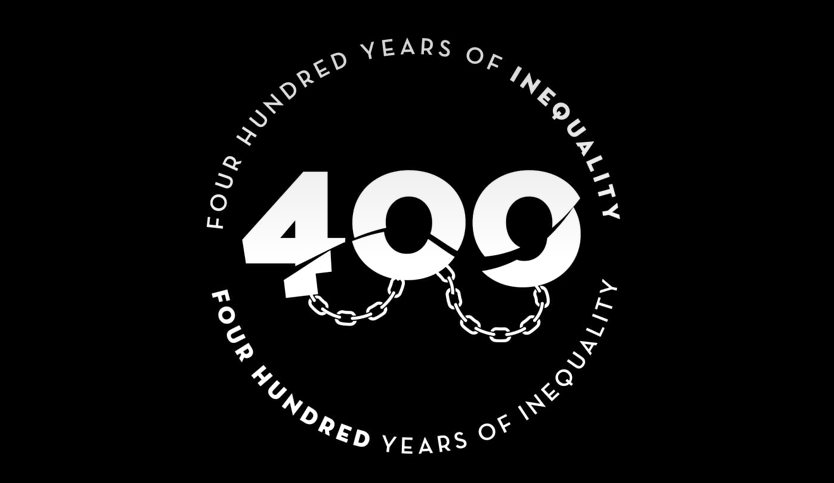
The New School Examines 400 Years of Inequality
On the back wall of Mindy Fullilove’s classroom is a timeline outlining a history that you won’t often read about in high school text books.
Brought to life through a colorful collage of text and images, it marks events stretching from 1606 to 2017: the moment when 20 Africans were brought to Jamestown as the first slaves to be imported into Britain’s North American colonies (1619); an armed uprising in Massachusetts led by Revolutionary War veteran Daniel Shays against perceived economic and civil rights injustices (1787), and the passage of President Bill Clinton’s Violent Crime Control and Law Enforcement Act (1994), which, according to experts, “decimated Black America.”
The timeline represents 400 Years of Inequality in the United States — a history that began when the first Africans arrived in the country, in Jamestown, and continued with centuries of persistent social, economic, and political injustice that still exists today.
Created by Fullilove’s students, the timeline is in preparation for 400 Years Of Inequality, a New School-wide effort in which students and faculty members, marking the anniversary of the tragedy of Jamestown, work to deepen their understanding of the history of inequality and build new coalitions to define and address common needs.
400 Years Of Inequality is propelled by a week of “curriculum disruptions” in which classes throughout the university will be encouraged to “take a break from business as usual” and think of how the class’ subject area relates to the history of inequality in the United States, according to Mindy Fullilove, William Morrish, Robert Sember, and Maya Wiley, the professors leading the effort. The curriculum disruptions take place October 12-18 and coincide with Fullilove’s talk at Race in The U.S. on Monday, Oct. 16.
“Nearly 400 years of division have created an apartheid society: we need a new social infrastructure to carry us through the challenges of climate change, decaying physical infrastructure, a rapidly evolving marketplace, underperforming schools, uneven access to health care, and a lack of affordable housing,” the faculty organizers say. “What we need is to move from inequality to equality, from some people being counted as 3/5’s to all being counted as 5/5’s.”
If you plan on doing a Curriculum Disruption in a course of your own, please submit your idea here and view others’ submitted ideas here.
Based, in part, on a reading of Howard’s Zinn’s seminal A People’s History Of The United States, the timeline helps to visualize four centuries of inequality that have unfolded in American history. It reveals thematic threads running through this history, including the impact on women, people of color, Native Americans, and the working class.
“You’re able to see how inequality becomes so pervasive in American life,” Fullilove says. “It’s a history that many of us never learn. But in order to understand what’s happening now, we have to grapple with it.”
Students in Fullilove’s class, which is also called 400 Years of Inequality, have learned a great deal by studying and then visualizing this history.
“We started realizing a lot of the processes that occurred historically persist today,” says Monae Evans, MA Urban Policy ‘18. “You look at Trump’s election, current inequalities — you create these linkages.”
“To be able to see this timeline gives you a really expansive understanding of the breadth of the history of inequality,” Octavia Driscoll, MA Nonprofit Management ’20, says. “You can look at something that happened 10 years ago and link it to something that happened 300 years ago in a very clear, linear way.”
Earlier this year, Fullilove took the opportunity to talk about 400 Years of Inequality during New School Minute. See the clip below: